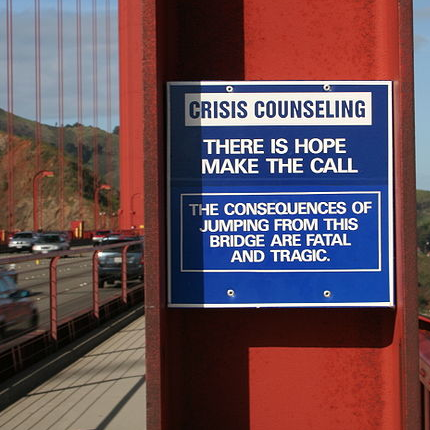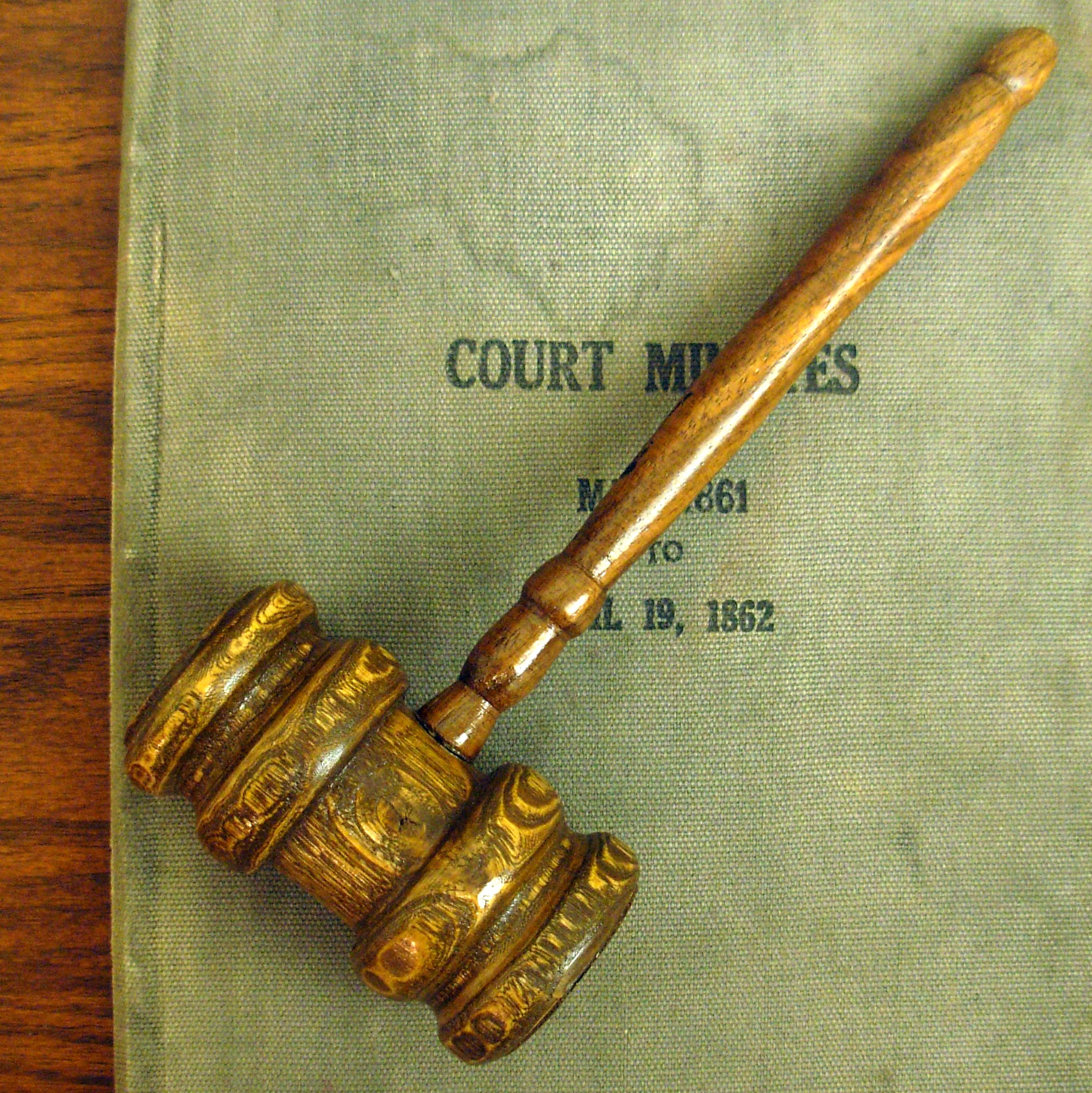This is sort of an off topic post, but it ties back to guns in the end, I promise. By now most of you have heard the controversy over Rowan County Kentucky Clerk Kim Davis not issuing same-sex marriage licenses, and being jailed for contempt of court for refusing to obey court orders to issue them. A lot of conservatives have been arguing that to jail Ms. Davis, but not to jail anyone involved in failing to enforce immigration laws in sanctuary cities, amounts to a double standard. On the surface, it might seem like the same issue, but they are subtly different, and legally quite different.
First, we go back to the time before the Civil War, and before the 14th Amendment. Under the original constitution, the states were understood to enter into the union with their sovereignty intact, with both the federal government and state governments being separate sovereigns. So how does this work in practice?
In 1793, Congress passed the first Fugitive Slave Act. A number of states actively undermined the Act by refusing to enforce it. In the early 1840s, the Commonwealth Pennsylvania was sued, and the case went to the U.S. Supreme Court. The Court ruled that while federal law was supreme over state law in this area, the states were under no obligation to enforce federal warrants against runaway slaves, or to otherwise enforce federal law. This is pretty much directly applicable to federal immigration warrants. San Francisco is no more obliged to enforce federal law than Pennsylvania was in 1842. But this is not the end of our story, because something very calamitous happened, and that was the Civil War.
The 13th, 14th, and 15th Amendments are known collectively as the Reconstruction Amendments. The Thirteenth Amendment abolished slavery, and the Fifteenth Amendment provided voting rights for black men. But the Amendment we’re really interested in here is the 14th, which provides that:
No State shall make or enforce any law which shall abridge the privileges or immunities of citizens of the United States; nor shall any State deprive any person of life, liberty, or property, without due process of law; nor deny to any person within its jurisdiction the equal protection of the laws.
This was a radical idea. So radical the Supreme Court would mostly redact it out of the constitution. It wasn’t restored until later in the 20th century, and even today it is not fully restored. What the 14th Amendment essentially did was waive the states sovereignty to a limited degree. When it comes to protecting rights and equality before the law, the federal government is supreme over any state law. This was the intention of the people who drafted the amendment in the first place.
Kim Davis is in jail for contempt because the Supreme Court ruled that same-sex couples had a due process right to marriage under the 14th Amendment. San Francisco officials are not because immigration is a matter of ordinary federal law. A lot of ink has been spilled about whether the Obergefell decision was right or wrong, or about whether it should have been decided as an equal protection issue rather than the strange reasoning Justice Kennedy used in his opinion. But that’s neither here nor there, because legally same-sex marriage is now a right, and state officers can’t interfere with its exercise by denying marriage licenses (one can wonder why marriage licenses are constitutional in the first place, but that’s another post).
I said I would tie this whole thing back into guns. Well, I won’t tie it back, the Supreme Court already did in 1997 when it handed down its opinion in Printz v. United States, an NRA funded case challenging the constitutionality of the Brady Act. The Brady Act made a key constitutional error, in that before NICS was in place, it required local police and sheriffs to conduct background checks on prospective gun purchasers. Most police departments were overwhelmed, because the gun control crowd has never understood that buying gun isn’t solely the domain of a small handful of nutty extremists, but something ordinary people do every day. Jay Printz was a Montana sheriff, and sued the federal government arguing that as an agent of the State of Montana, he was under no obligation to enforce the Brady Act. This case bought us into the modern era of the anti-commandeering doctrine.
The idea that the states can’t be forced or commandeered to enforce federal law is pro-freedom. As gun owners, the states act as a bulwark against future infringement by the federal government on our Second Amendment rights. Sure, the feds are always free to enforce their own laws, but the truth is the feds don’t have the resources to counter widespread civil disobedience on the part of gun owners to whatever gun control schemes they may concoct in the future. Enforcement of federal law generally requires willing cooperation by the states. There will be times when you might not agree with a state’s defiance of federal law or policy, but as someone who believes strongly in a limited federal government, I would never argue the states simply don’t have the right.







